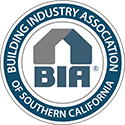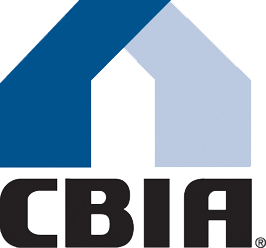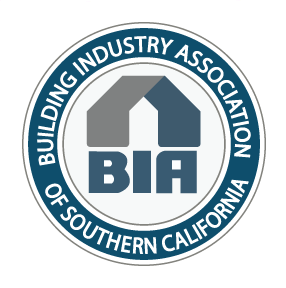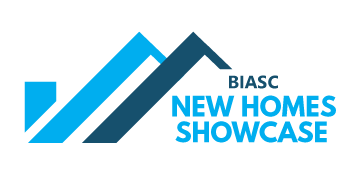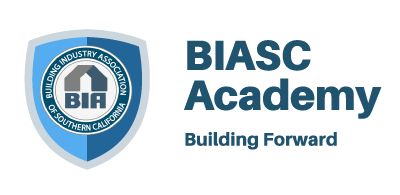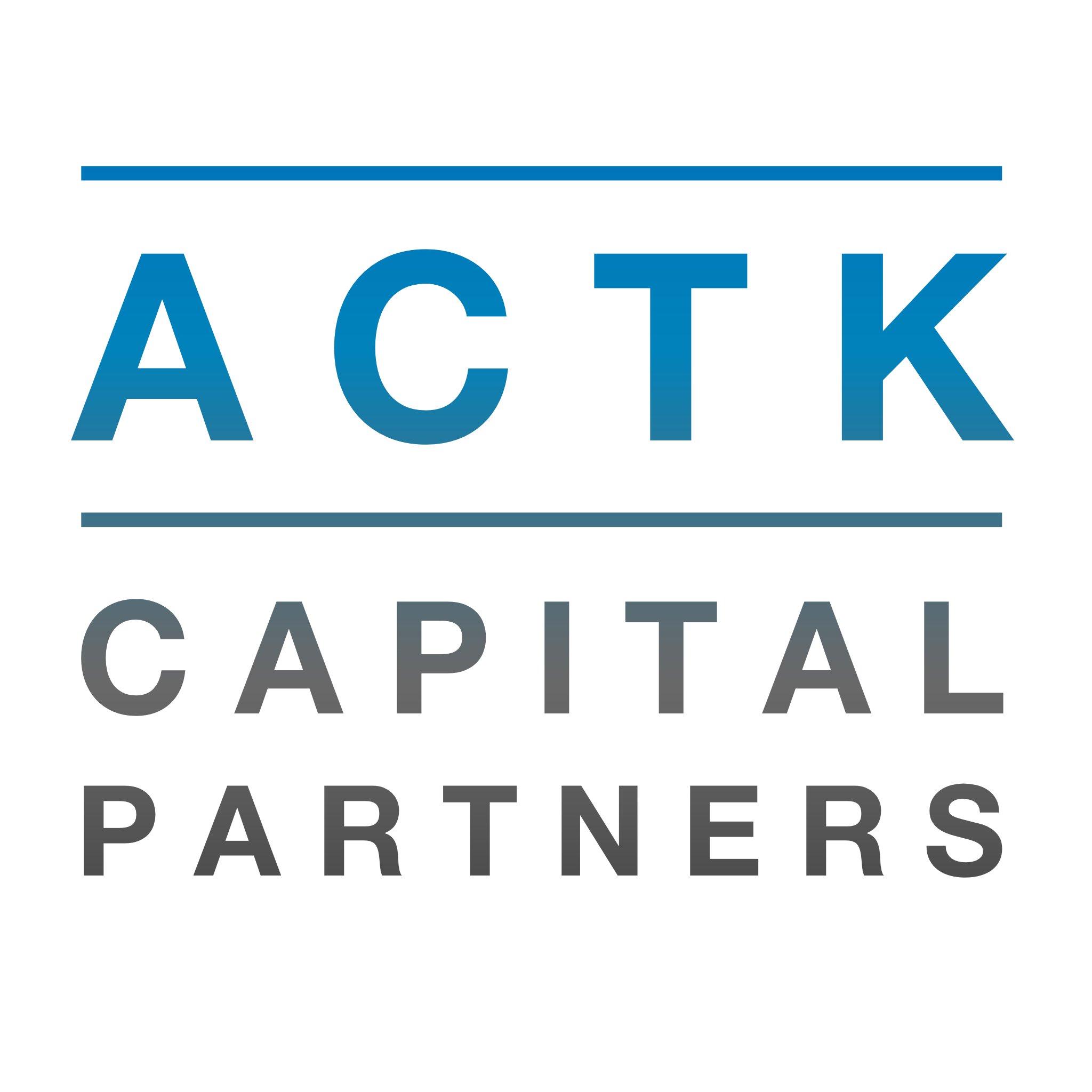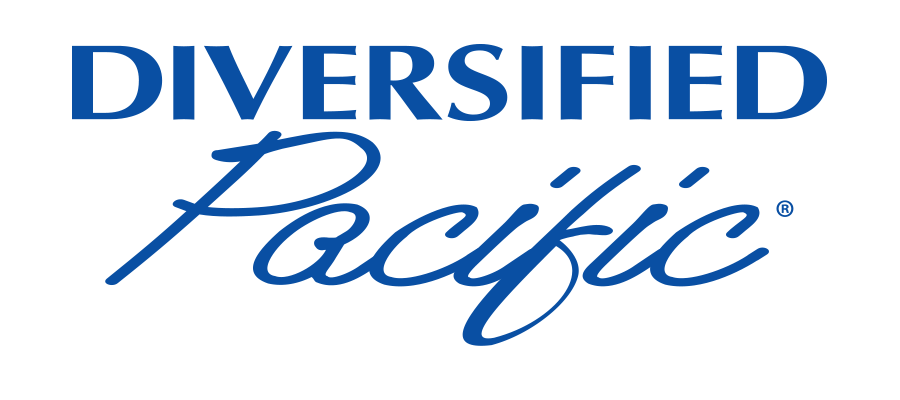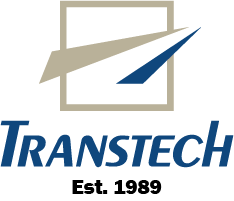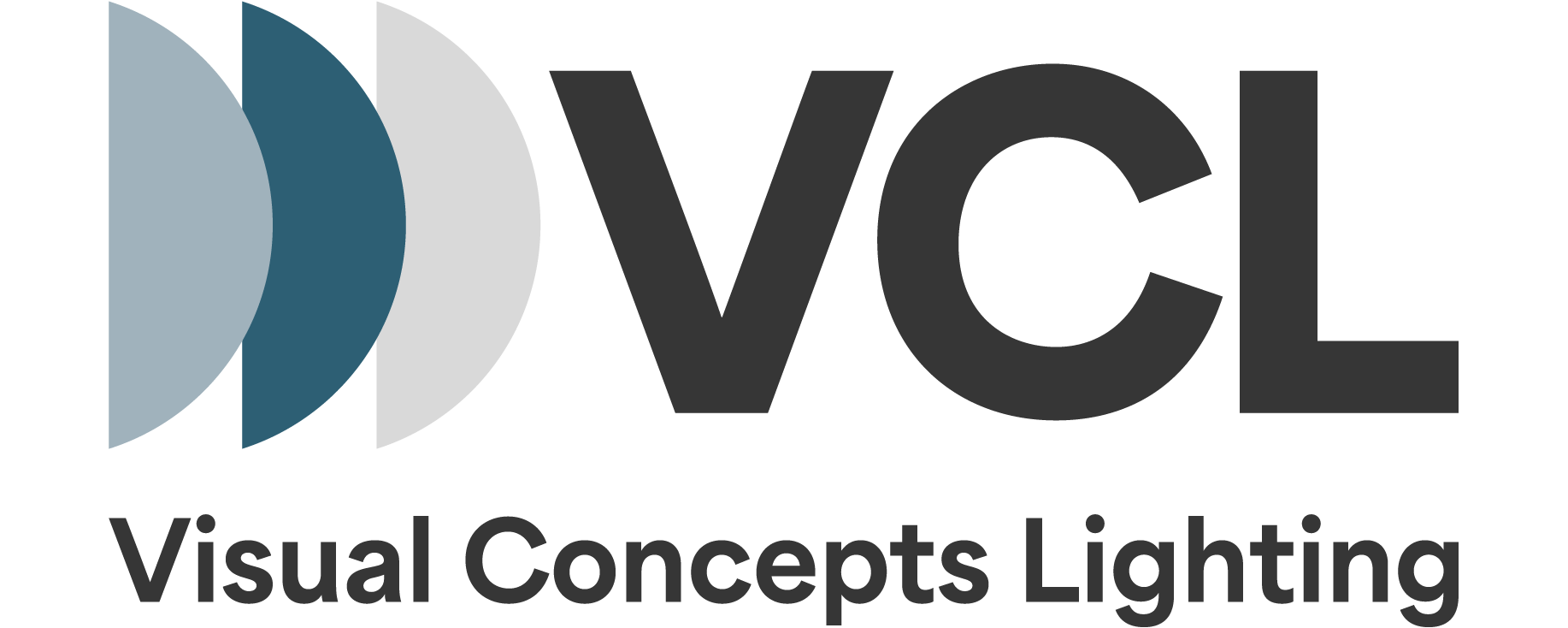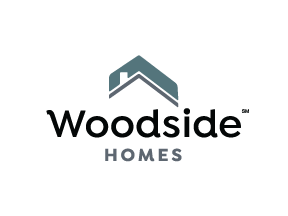Photo by Domenico Loia on Unsplash
by Phillip B. Burum, Executive Vice President, Diversified Pacific,
President, Building Industry Association (BIA) Baldy View Chapter
Whether for starting a home-based business, seeking greater personal convenience, increasing business efficiency or reducing one’s footprint on the environment, home offices (or “dedicated workspaces”) are among the most popular remodeling projects in America today.
If you have made the decision to develop a dedicated work space in your home, consult with your legal and tax advisor before proceeding. Home-based businesses or even specifically dedicated work spaces can have legal consequences if not permitted by local zoning ordinances or homeowner’s associations (HOA). They can also have great tax advantages so discussing the obstacles and opportunities in advance will help you set your budget and space requirements.
Some of us do not have readily available legal or tax advisors. That doesn’t mean you should not be informed. If you do not have a trusted tax advisor, you can still get the information you need by logging onto the Internal Revenue Service’s (IRS) website at www.irs.gov and download Publication 587 - Business Use of Your Home (Including Use by Daycare Providers). Make sure you download the latest copy from the site and check for any revisions due to the 2017 Tax Benefits Provided by the Bipartisan Budget Act of 2018. This publication will provide an informative guide to what you need to know and what criteria must be met if you will want to claim deductions on your income tax.
Many of the costs of running home offices or businesses can be deducted from homeowner’s taxes if they meet certain criteria and many improvements may be deductible. A home office doesn't have to be the principle place of business or a place to meet with customers but must be dedicated to operating the business rather than a space that also has a lot of non-work-related uses. Make sure to allot adequate additional space for record or inventory storage or creating separate workstations for different tasks.
If you are lacking adequate legal counsel, you will need to do some reading and wear out some shoe leather in your pursuit of confirmation of what is and is not allowable. If your home is within the boundaries of a homeowner’s association, you will need to read the Covenants, Conditions and Restrictions (CC&R’s) as well as the rules and regulations and by-laws of the association. These documents sometimes are intimidating due to the sheer volume of information, but most are written in a user-friendly manner. After you have confirmed any restrictions from your HOA, you will need to visit City Hall. Ask about zoning ordinances or development codes related to operating a home-based business. Whenever possible, you should ask to see the language of the code yourself, so you can clearly understand any requirements or restrictions.
Setting up a home office may be as simple as throwing out your recent college bound son’s bed and furniture and replacing it with a desk and computer. Or, it may involve a substantial remodel of your home.
If you have settled on a plan that requires major modifications, your next task will to be to contact a licensed and trained remodeling professional. Visit the National Association of Home Builders (NAHB) website www.NAHB.com and click on “Builders & Remodelers” for a directory of professional remodelers. Trained and certified professional remodelers will share information on tax credits and rebates and make sure the required permits are in order.
Remember, to get the best tax advantage from your home office or workspace, itemize your taxes and be sure to consult with a professional. If you are filing yourself, take the time to at least consult with a professional before you file – it could save you lots of money and stress.
For more information on remodeling, homebuying or the benefits of homeownership, visit www.biabuild.com on the web and have a happy Memorial Day.
*****
